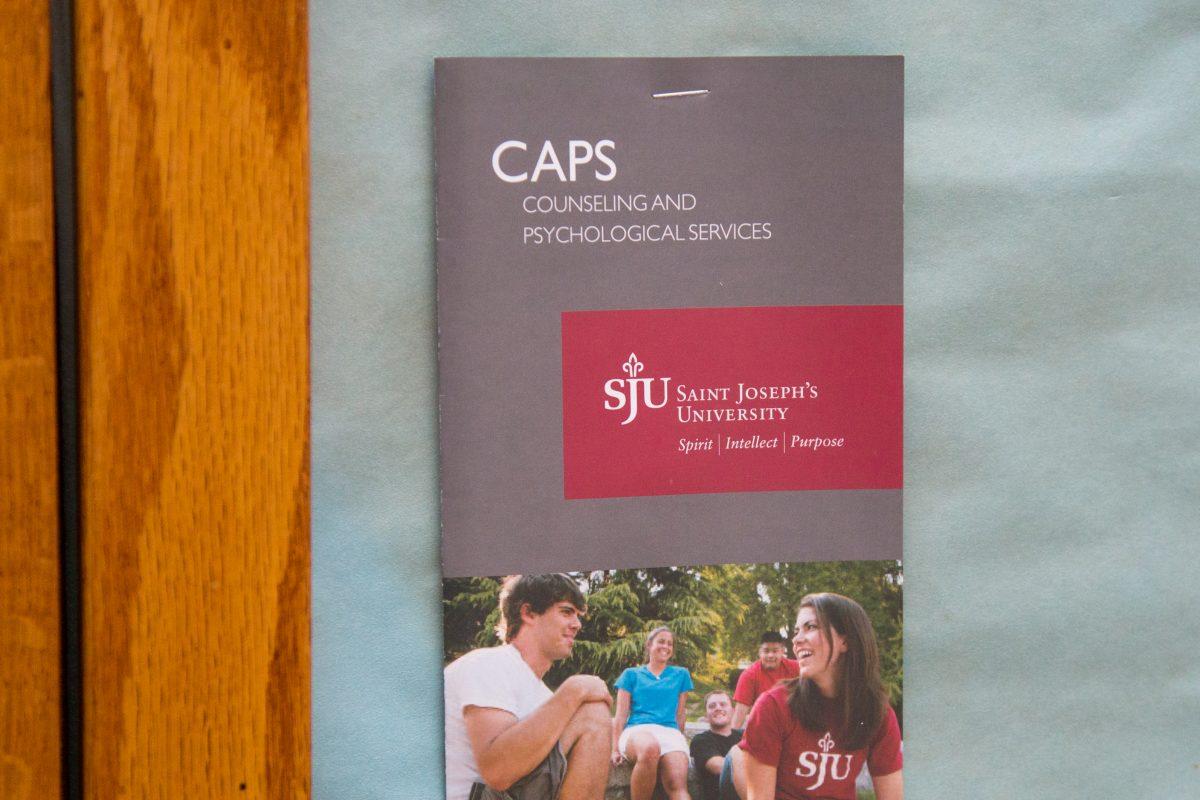For many students now under stay-at-home orders, trying to remain mentally healthy, let alone be productive, can be a challenge.
Greg Nicholls, Ph.D., director of St. Joe’s Counseling and Psychological Services (CAPS,) said it’s important for students who are struggling to have perspective.
“Knowing they are not alone in being less productive is important, along with not being too hard on themselves,” Nicholls said.
Nicholls offered several suggestions to help with the stress of confinement and while accomplishing required tasks: taking 15-minute timed breaks, changing environments, taking a walk and grabbing a snack.
Josephine Shih, Ph.D., professor of psychology, suggested students treat themselves throughout the day, rewarding themselves after completing a task.
“I think it’s just good to make sure that every day you are getting some exercise, some fresh air, some social connection with people,” Shih said. “It would be good to have sprinkles throughout the day.”
Shih said the challenge of “social distancing” is that it is really physical distancing. Students who have become accustomed to seeing each other in the halls and in the cafeteria now have the difficult task of maintaining those connections while being home.
“Set a goal of connecting with friends and check in with them,” Shih recommended.
While Nicholls said taking a break from phones may help when students are trying to focus on tasks, they should definitely try to stay connected on social media and by texting and meeting up online.
“Students can put their reliance on social media and texting as a big part of the way they socialize to good use now,” Nicholls said. “Certainly using FaceTime or a platform like Zoom to include several friends at once increases the enjoyment of their social time. Plus, it’s a time to focus on being kind and supportive of each other.”
Nicholls said depression and other mental health issues can definitely worsen at a time like this. CAPS is offering students “brief meetings” by phone with a CAPS counselor, he said.
“These talks do not serve as typical therapy sessions and instead are more problem-focused,” Nicholls said.
CAPS staff can also assist students with finding mental health resources in their local area.
Shih said many therapists are currently using Telehealth, which is one way students can connect with a therapist for help without leaving their house.
Shih said professional support is important during this time. If someone knows that they have a history of depression, it is important for them to seek advice from a therapist, she said.
Ultimately, Shih said instead of constantly talking about the events that are taking place with the coronavirus pandemic, it is also important for students to talk about light-hearted topics.
“Be compassionate with yourself,” Shih said. “It’s a real tough and uncertain time right now, and it’s actually really normal to have a hard time focusing.”
If you or someone you know may be at risk of suicide, call CAPS (610-660-1090), Student Outreach and Support (610-660-1149) or the National Suicide Prevention Lifeline (1-800-273-8255).


















































